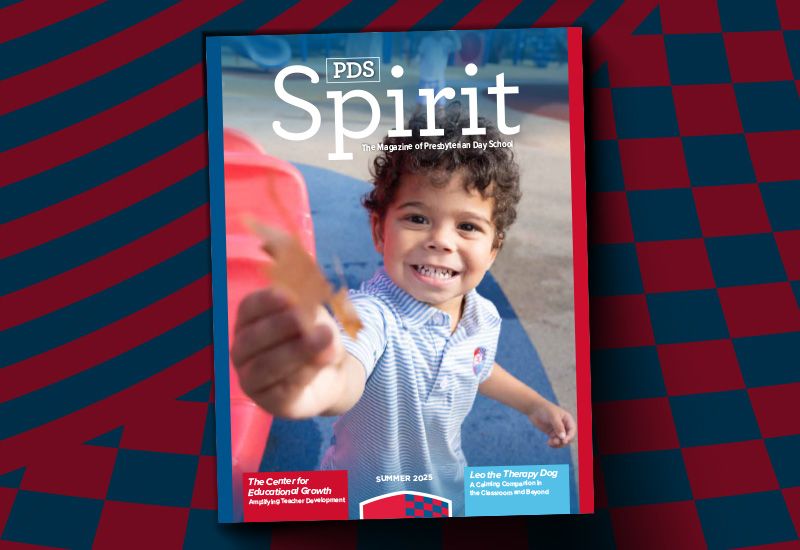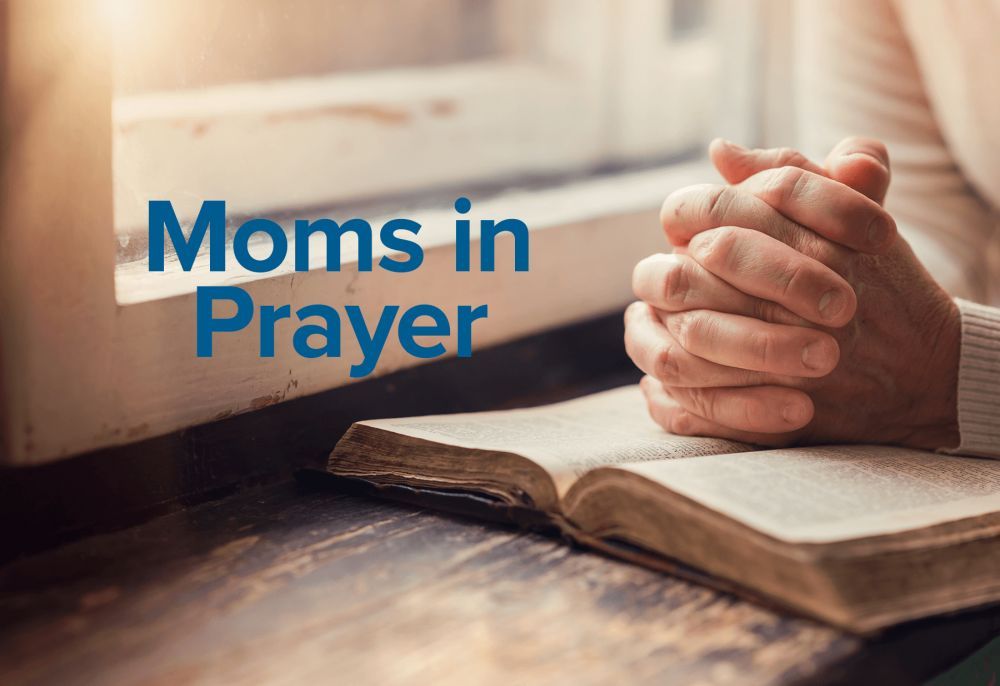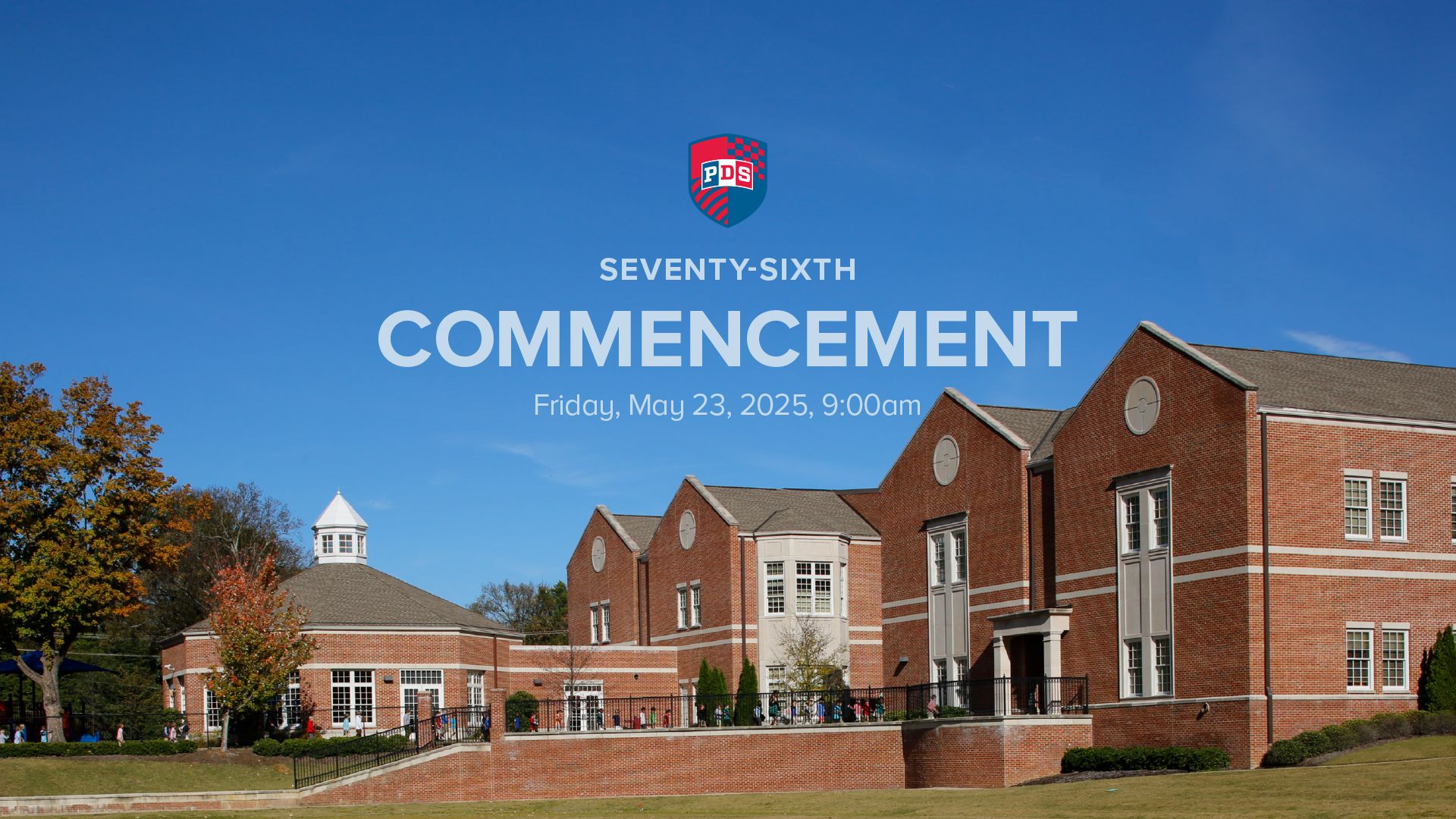Guiding Principles
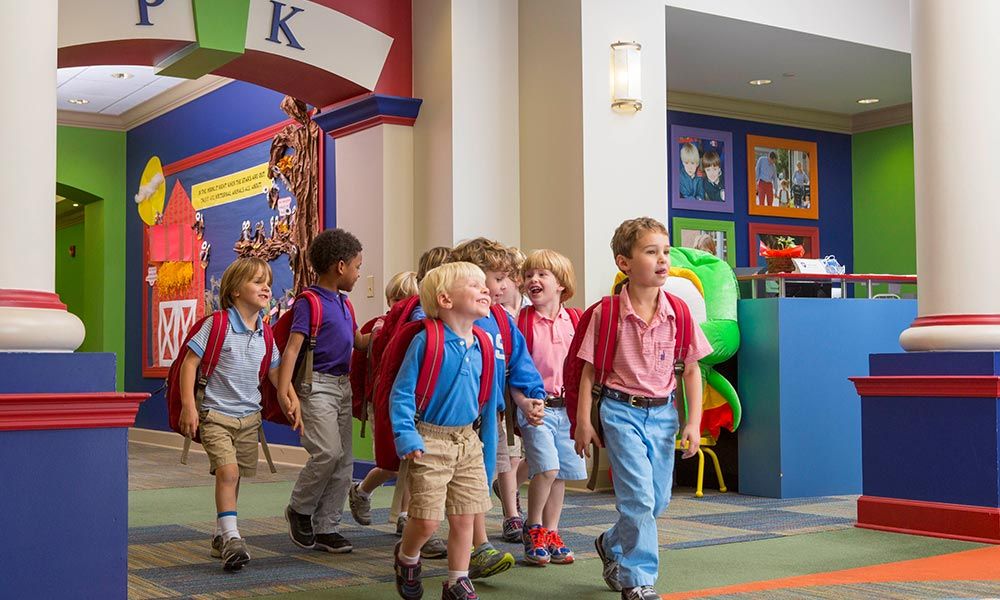
1. We intentionally educate and nurture the heart, soul, mind, and body of each boy.
Read more

We take a holistic approach to education, meaning that we care about and intentionally educate and nurture the heart, soul, mind and body of each boy. As part of this holistic approach, we teach and promote the development of strong morals and character and offer boys a vision of godly manhood.
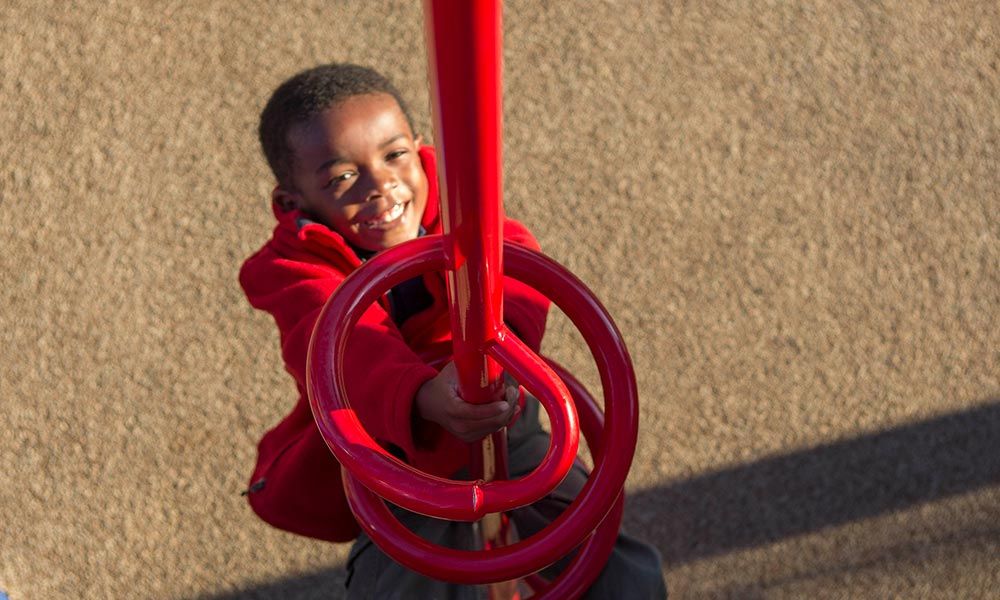
2. We know, nurture, and love each boy as a unique child of God.
Read more

We know, nurture and love every boy at PDS as a unique child of a loving God, and we keep at the front of our minds that we are teachers primarily of boys and secondarily of subjects and skills.
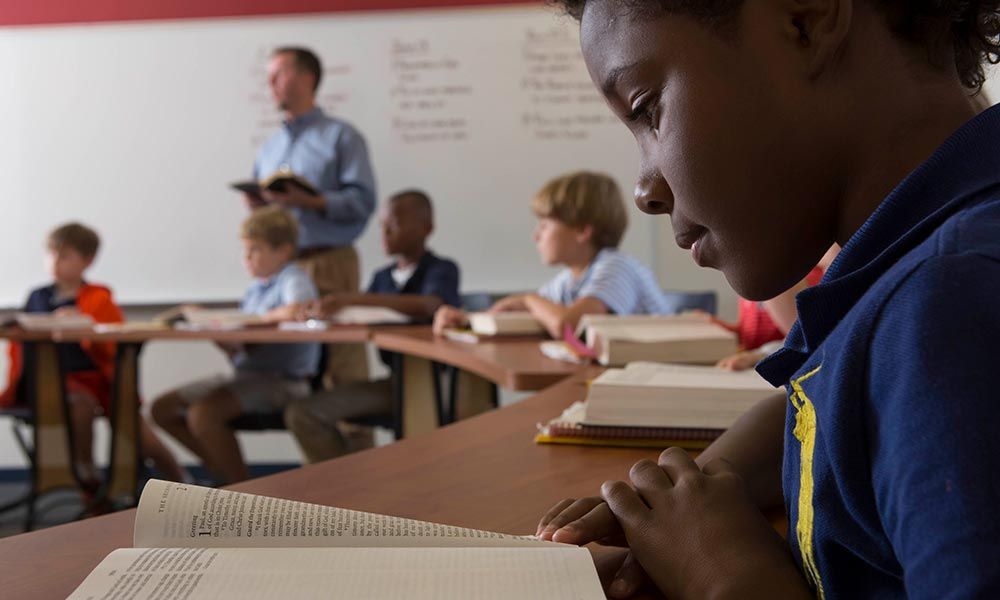
3. We teach the Bible and model the Christian faith to our boys.
Read more
We, in an age-appropriate, gracious, and faithful manner, teach the Bible and present and model the tenets of the Christian faith such that each boy, regardless of his background and beliefs, leaves PDS as a good student of the Bible and of the Christian faith, including knowing what is necessary for salvation.
By how we intentionally relate our subjects and various ideas to a Christian worldview, we also give each boy an opportunity to develop a Christian worldview that can serve as a lens or framework for how he may understand the world.
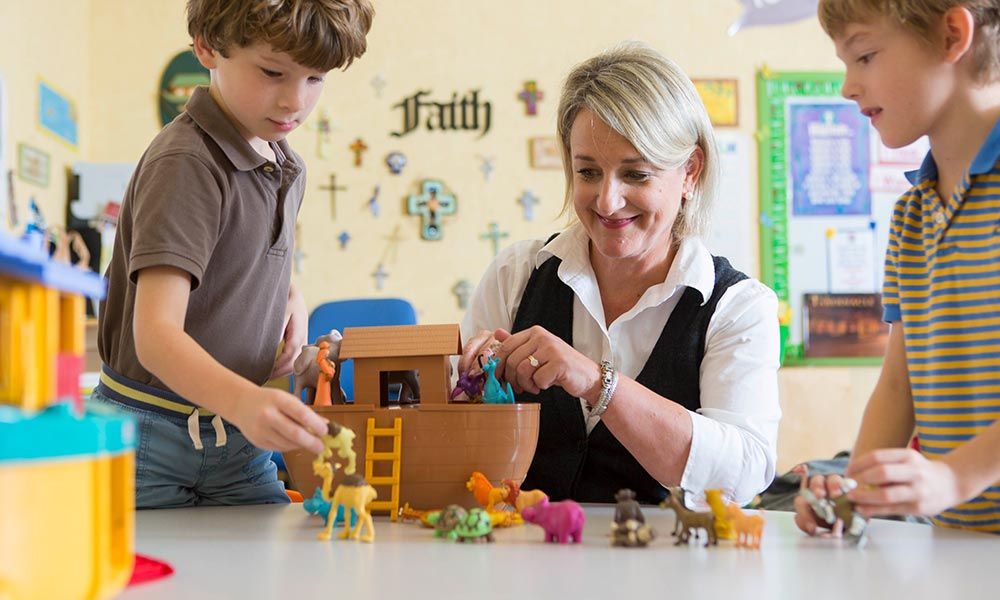
4. We aren't just teachers; we are life-long learners and students.
Read more

We are, as a learning organization in the 21st century, careful and deliberate students of our world, engaging in serious professional development, research, and curricular design.
In a dynamic world, we consider divergent thinking, embrace change, innovate, and risk sometimes failing as we seek to design an ever-better curriculum and learning experiences.
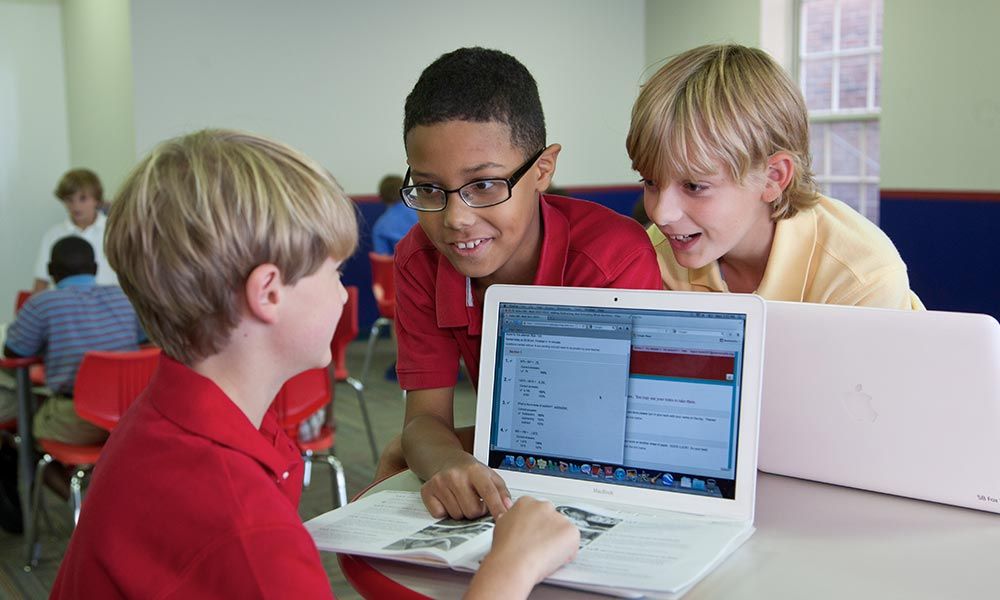
5. We push students to engage as thinkers.
Read more
We orient our curriculum and teaching to align with the skills, knowledge and perspectives required in the dynamic and diverse global community of the 21st century.
Such skills include the ability to think critically, creatively and connectedly; see patterns in seeming chaos; make creative connections; apply knowledge to novel situations; design, create and tell stories; collaborate and communicate clearly; utilize technology seamlessly; wrestle with questions without simple solutions; manage ambiguity; adapt to change; and have the inclination and ability to embrace life-long learning.

6. In an increasingly connected world, our curriculum has a global perspective.
Read more

We orient our curriculum such that it has a global perspective, and we consider standards and comparisons to foreign schools and students in assessing how we are performing. Additionally, we develop partnerships with outstanding schools in other parts of our country and the world.
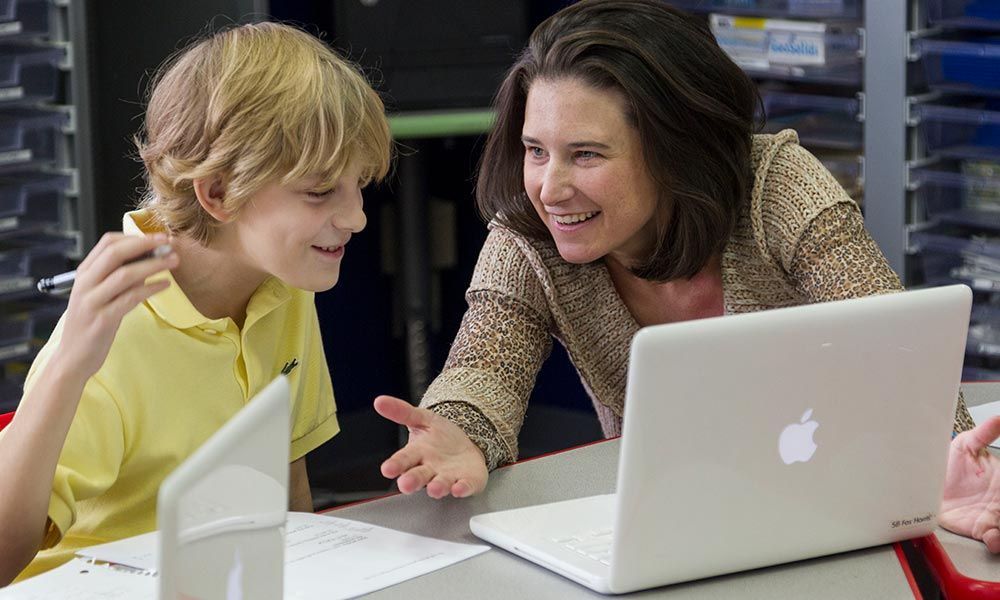
7. Flexible teaching strategies seek to maximize learning for each boy.
Read more

We teach in a way that seeks to maximize learning for every boy. We believe that all boys can learn and have differing intelligences and learning styles, such that our teaching should intentionally incorporate this diversity and thus be flexible and versatile.
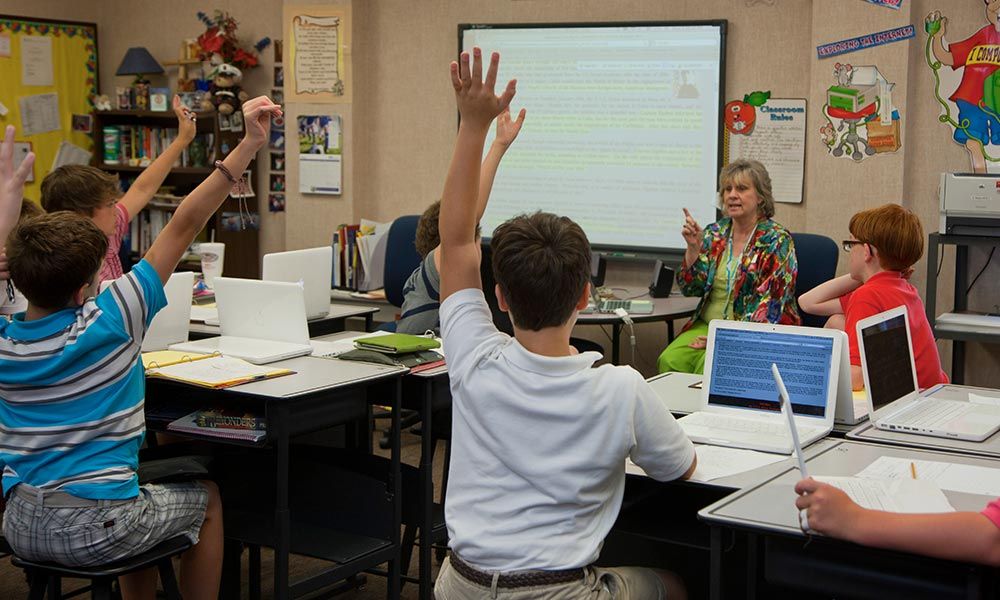
8. Our assessments aren't just a way to measure learning — we want our boys to demonstrate understanding.
Read more
We view assessment as a way not simply to measure learning, but as a way to promote it. Our assessments are increasingly varied and have a heavy mix of performance and other tasks, including many real world tasks, that not only demonstrate understanding, but that allow diverse learners flexible opportunities for demonstrating their learning.
As necessary, we create our own assessments that measure learning and progress, especially those that include skills not readily measured by standardized tests and that can help us chart the progress of boys over the course of a school year.

9. We seek to enroll boys from diverse backgrounds.
Read more

We seek to enroll boys from more diverse backgrounds. Recognizing that boys learn from one another and need the skill to develop relationships with people from various backgrounds, our greater diversity will be an asset to all boys and more consistent with the Biblical mandate to see past the superficial differences that easily divide us.
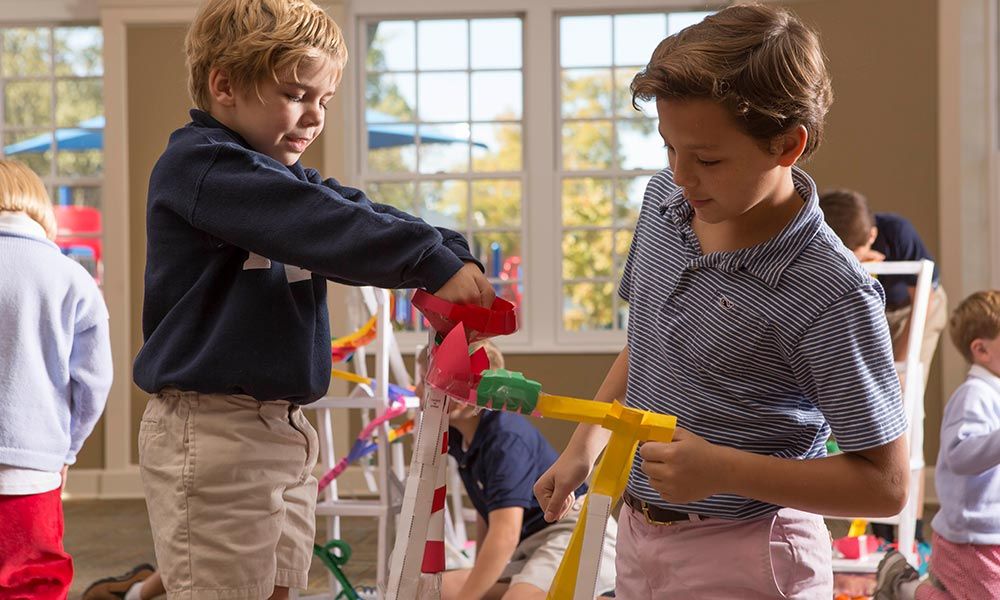
10. We seek balance and excellence in all we do.
Read more

We, as a school, have balance among our overall programs, and excellence in each area.
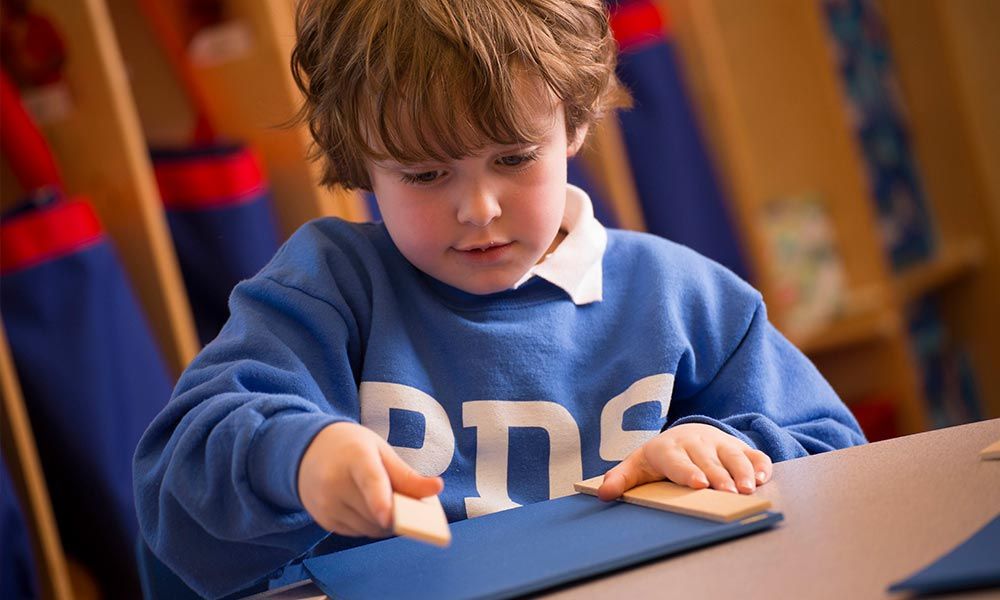
11. We aren't just boy-friendly; we're boy-specific.
Read more

We are boy-specific, boy-themed and boy-friendly in all aspects. As such, we extensively study how boys best learn and develop, and we apply such findings throughout all parts of the school.
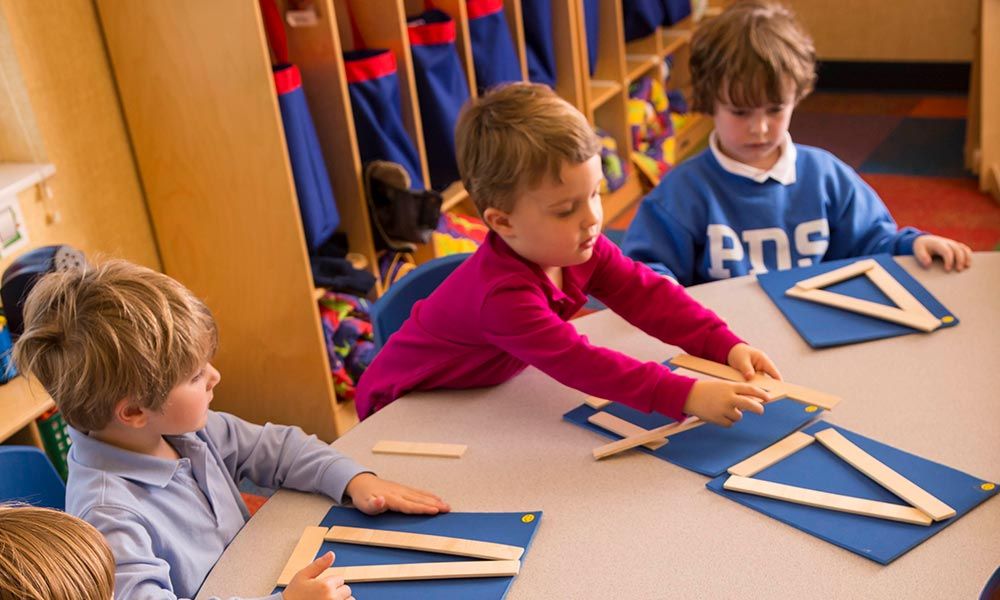
12. Our program sets a foundation of learning that will help boys thrive beyond PDS.
Read more

By executing well the principles in this document, we prepare our boys for scholastic success at any schools where they matriculate, and, though we study the curriculum of the schools where our graduates matriculate, it is these PDS principles that will guide us as an institution.
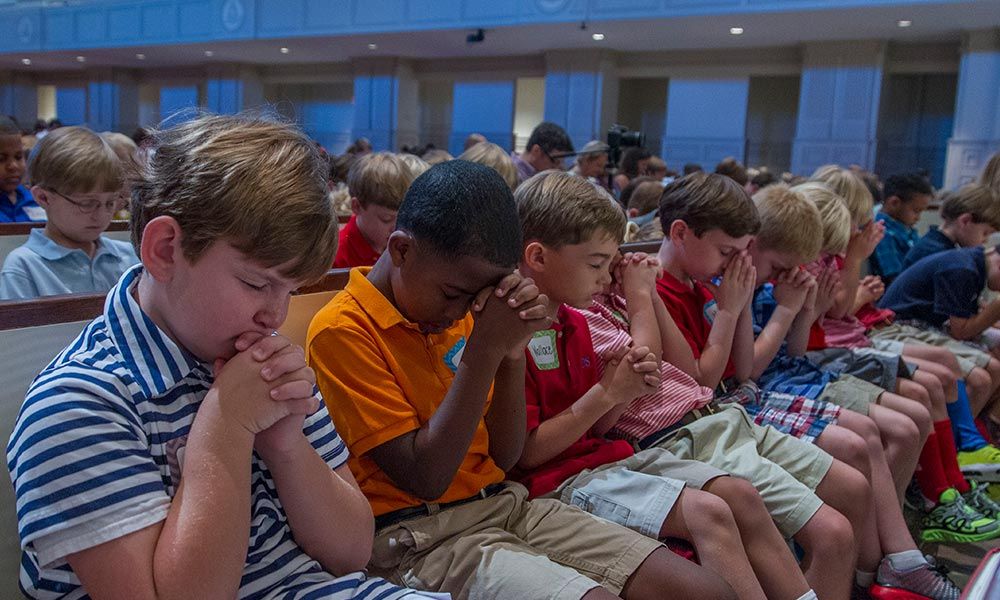
13. We take time to make sure our faculty and staff are growing spiritually.
Read more

We attend carefully and intentionally to our own health, well-being and growth, especially our spiritual growth, so that we will be at our best as we teach, model and mentor our boys.
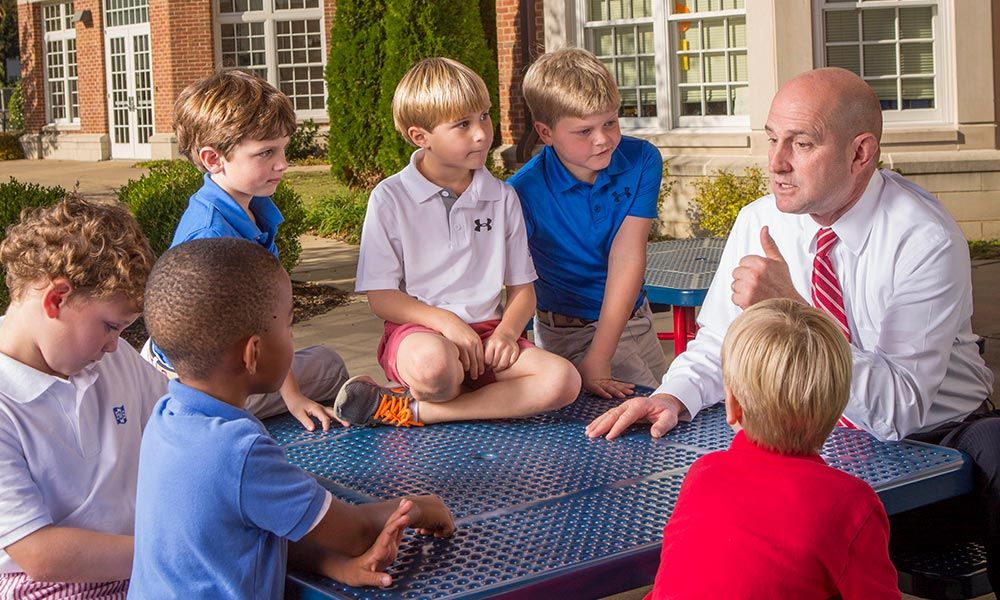
14. We hold high standards for ourselves, pushing ourselves to reflect, renew, and grow.
Read more

We treat our teachers as professionals, holding very high standards for them and evaluating their performance against school goals; pushing them to grow continually; providing significant opportunities for professional growth, reflection and renewal; and rewarding excellence in tangible ways.

